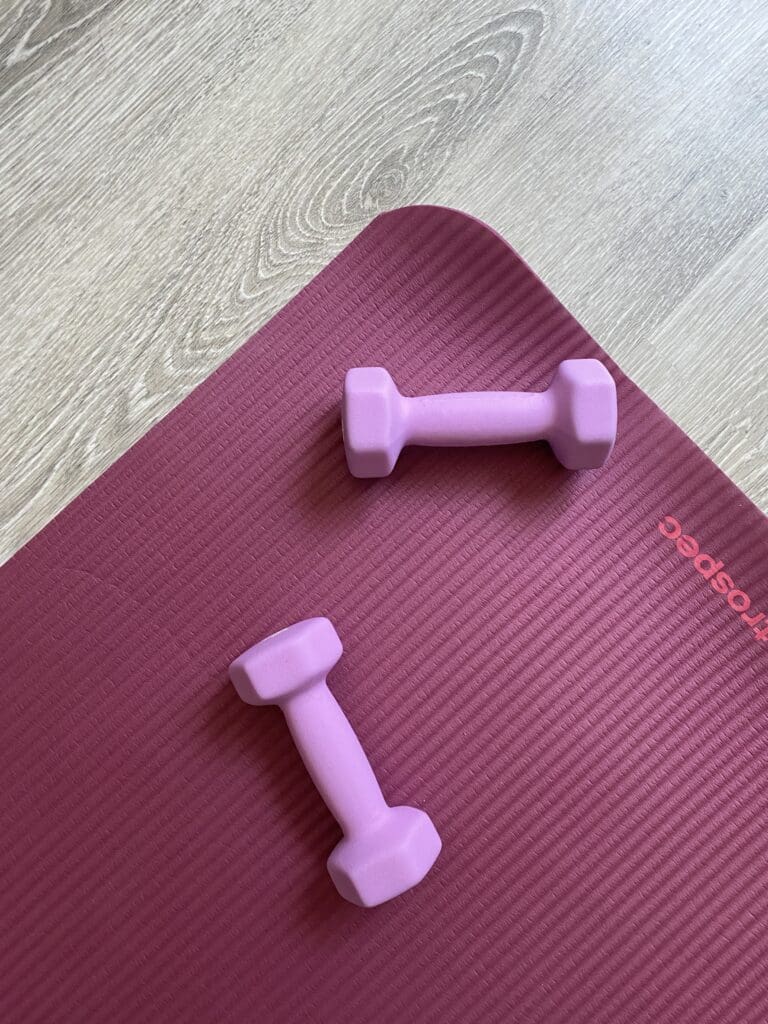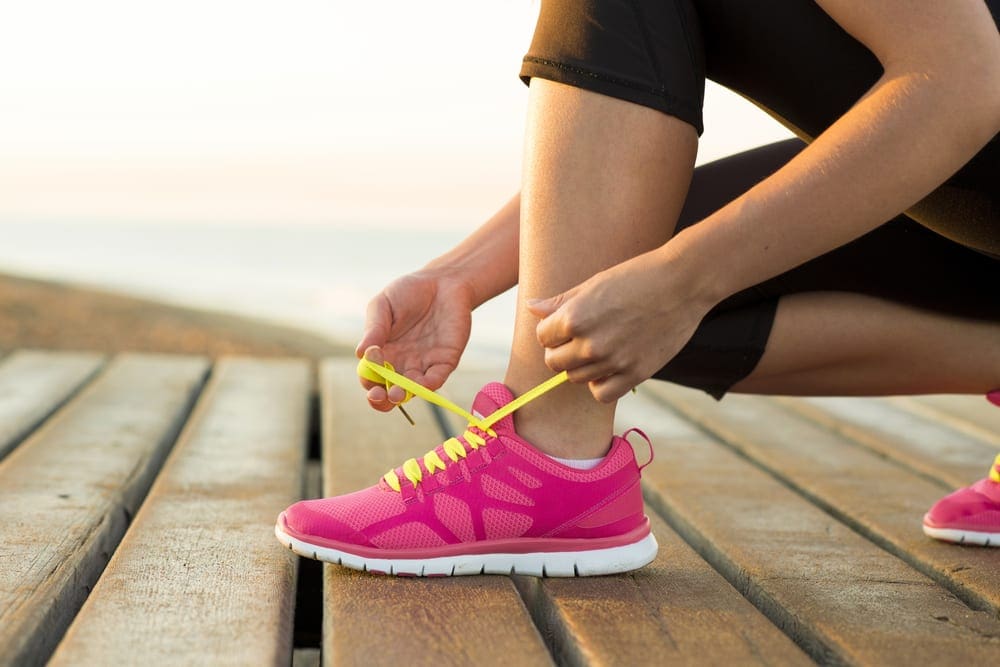
Local Member Bundle
Congratulations, you’ve chosen our local membership bundle for:
Events
Walk this way!
Put your best foot forward with our top 5 walking tips!

As we gear up for our GOAL Mile, here is our top tips for taking that first step toward catching the walking bug. Whether it’s due to a busy lifestyle juggling a desk job and a young family, an injury or health issue that led to a drop in activity, or simply just a lack of confidence – find themselves stuck in a fitness rut and don’t know where to begin to change things for the better. And walking exercise is one activity that doesn’t require a financial investment, you can do this within your own neighbourhood at any time of day (though be sure to wear a hi-vis and walk with a buddy after dark), and you don’t need a high fitness level to get started. Ready to get moving? Here’s our guide to taking those first steps…
If you’re walking at a fairly brisk pace, 5km (about 3.1 miles) should take about one hour. A good way to check your distance and pace is by using a step counter – there are free apps available, or you might wish to invest in an activity tracker, like a Fitbit, which can track other things like distance, heart rate, sleep quality, and calorie intake. Your step count would depend on your step length (based on your height and stride) and speed. If you’re 5’5”, 7,195 steps would equal 5km, whereas if you’re 5’8”, you’d take fewer steps (6,875) to reach 5km. It’s amazing how far we can push ourselves and by moving more, building your confidence and strength, you’ll be walking a little more each day. Once you start tracking your steps, you might even find you’ve caught “the walking bug” and feel motivated to walk to the shops, school, or even take a quick pre-evening stroll to up your step count. If you’re working your way up to 10,000 steps a day, 45-60 minutes of walking, five days a week with at least one rest day (combined with your normal daily activities) may help you achieve your goal, and it’s a great way to earn extra Bites while boosting your energy levels.

Training to walk a 5k race starts with simply walking more. The better your body is at walking, the easier it’ll be to walk the full 5k. Don’t overthink it, and start small. It takes between 10 and 30 minutes to walk a mile, depending on your pace. That’s not long, is it? If you have the stamina to walk the 3.1 miles that equate to 5km without stopping, it should take between 30 and 90 minutes to achieve that distance. If you’re new to walking, start with 15 minutes a day for the first week, increasing to 20 minutes once your body has adapted and feels comfortable, then 30 minutes. The longer you’re comfortable walking, the easier it’ll be to walk 60-90 minutes at a stretch. The faster you’re comfortable walking, the easier it’ll be to shorten that time by walking at a brisk pace. For this kind of distance walk, you’ll probably want to maintain a steady pace you know you can maintain for an entire 5km. Once you’re comfortable with your daily walk, designate one day (ideally the day before your rest day) to take a longer walk. Once you feel comfortable with your normal pace, try increasing your speed. You can go a little faster the whole time or focus on interval training. Don’t expect to be able to increase both your speed and walking time at the same time, as walking faster will tire you out sooner. Try mixing in shorter, faster walks with longer, slower ones, then start to increase the length of those shorter walks. Alternatively, do a 15- or 30-minute walking workout using intervals to build up your speed.

It’s crucial to wear proper sports socks that fit tightly and don’t bunch or wrinkle, as well as good shoes that support your feet and roll correctly with each step. Running shoes are a good option if you intend on building up to a jog as part of your 5km. Find the right shoes for your feet, ones that don’t rub, cause blisters, or leave your feet, knees, or hips aching at the end of a walk.

Make sure to practise good posture and form. Keep your back relatively straight and swing your arms in a natural motion. Take even steps, not favouring one leg over the other. And remember to breathe. Try breathing in through your nose and out through your mouth. Don’t worry about “huffing and puffing” – that’s something that happens naturally when you’re increasing your stamina and working hard. If your nose is stuffed up, breathe deeply. Let the exercise clear your sinuses. Increasing your intensity can lead to soreness and injuries, especially if it’s a sudden increase with inadequate rest. Shin splints (pain in the shins), or soreness in the foot or knee can happen as you build up endurance. Pay attention to how your body feels after a walk, and dial down the intensity if you’re feeling discomfort. Take other steps to lower your impact, like walking on flat, softer surfaces where possible. And make sure to do some gentle stretches before and after your walk, or try a few simple yoga postures once or twice a week to work out any stiffness.

Walking 5km for an event or just as a personal milestone can help motivate you to walk longer, earn extra Bites and increase your fitness. It’s a goal most people can easily reach after several weeks of dedicated walking. All it takes is walking a little longer each week until your body has adapted. Soon, you may even find yourself walking further as you get used to the routine of training and the thrill of becoming more fit.

Drop A Dress Size
6 Week Challenge
Join now!
For assistance, please contact our support team. Thank you.



Congratulations, you’ve chosen our local membership bundle for:



Congratulations, you’ve chosen our online only membership bundle for:



Congratulations, you’ve chosen our online membership bundle for: